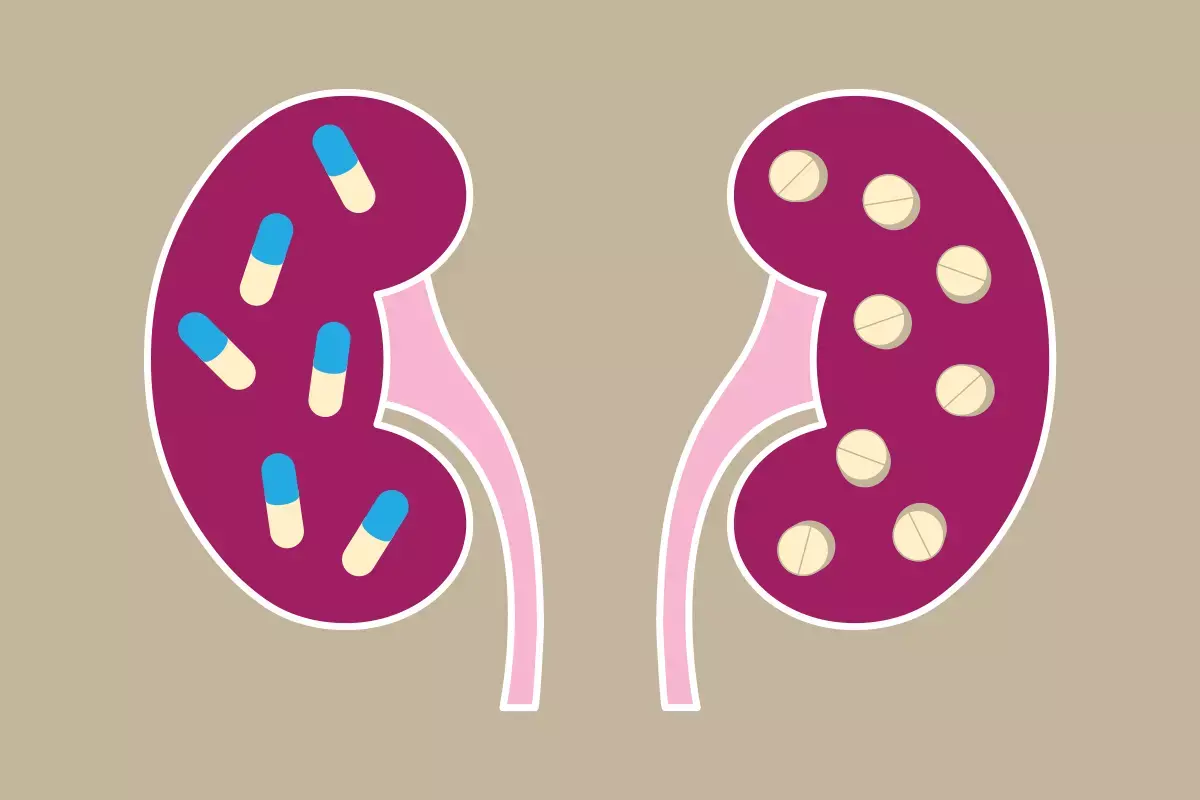- Home
- Medical news & Guidelines
- Anesthesiology
- Cardiology and CTVS
- Critical Care
- Dentistry
- Dermatology
- Diabetes and Endocrinology
- ENT
- Gastroenterology
- Medicine
- Nephrology
- Neurology
- Obstretics-Gynaecology
- Oncology
- Ophthalmology
- Orthopaedics
- Pediatrics-Neonatology
- Psychiatry
- Pulmonology
- Radiology
- Surgery
- Urology
- Laboratory Medicine
- Diet
- Nursing
- Paramedical
- Physiotherapy
- Health news
- Fact Check
- Bone Health Fact Check
- Brain Health Fact Check
- Cancer Related Fact Check
- Child Care Fact Check
- Dental and oral health fact check
- Diabetes and metabolic health fact check
- Diet and Nutrition Fact Check
- Eye and ENT Care Fact Check
- Fitness fact check
- Gut health fact check
- Heart health fact check
- Kidney health fact check
- Medical education fact check
- Men's health fact check
- Respiratory fact check
- Skin and hair care fact check
- Vaccine and Immunization fact check
- Women's health fact check
- AYUSH
- State News
- Andaman and Nicobar Islands
- Andhra Pradesh
- Arunachal Pradesh
- Assam
- Bihar
- Chandigarh
- Chattisgarh
- Dadra and Nagar Haveli
- Daman and Diu
- Delhi
- Goa
- Gujarat
- Haryana
- Himachal Pradesh
- Jammu & Kashmir
- Jharkhand
- Karnataka
- Kerala
- Ladakh
- Lakshadweep
- Madhya Pradesh
- Maharashtra
- Manipur
- Meghalaya
- Mizoram
- Nagaland
- Odisha
- Puducherry
- Punjab
- Rajasthan
- Sikkim
- Tamil Nadu
- Telangana
- Tripura
- Uttar Pradesh
- Uttrakhand
- West Bengal
- Medical Education
- Industry
Long-term use of PPIs linked to decline in kidney function and risk of developing CKD

Proton pump inhibitors (PPIs) are drugs used for gastric disorders. Because of their low toxicity, they are overprescribed and not always used rationally. Although PPIs are safe, observational studies suggest that PPI use is associated with an increased risk of several adverse health events on health of kidney.
Researchers have found in a new study that Long-term use of PPIs is linked to decline in kidney function and risk of developing CKD.
The new study has been published in the BMC Nephrology.
Researchers conducted the study to Investigate the longitudinal association of use and time of use of proton pump inhibitors (PPI) with incidence of chronic kidney disease (CKD) and kidney function change.
Prospective study with 13,909 participants from baseline (2008–2010) and second wave (2012–2014) of the ELSA-Brasil (mean interval between visits = 3.9 years (1.7–6.0)). Participants answered about use and time use of the PPI in the two weeks prior the interview. Renal function was assessed by glomerular filtration rate estimated by the Collaboration Equation for the Epidemiology of Chronic Kidney Disease. Values below 60ml/min/1.73 m² in wave 2 were considered incident CKD. Associations between PPI use and time of use at baseline and incident CKD and decline in renal function were estimated, respectively, by logistic regression and linear models with mixed effects, after adjusting for confounders.
Results
After adjustments, PPI users for more than six months had an increased risk of CKD compared to non-users. Compared to non-users, users PPIs for up to six months and above six months had greater decline in kidney function over time.
This cohort of adults and elderly, after a mean interval of 3.9 years, PPI use and initial duration were associated with kidney function change between visits.
Reference:
dos Santos, A.S., de Menezes, S.T., Silva, I.R. et al. Kidney function decline associated with proton pump inhibitors: results from the ELSA-Brasil cohort. BMC Nephrol 24, 285 (2023). https://doi.org/10.1186/s12882-023-03300-4
Keywords:
Long-term, use, PPIs, linked, decline, kidney, function, risk, developing, CKD, BMC Nephrology, dos Santos, A.S., de Menezes, S.T., Silva, I.R.
Dr. Shravani Dali has completed her BDS from Pravara institute of medical sciences, loni. Following which she extensively worked in the healthcare sector for 2+ years. She has been actively involved in writing blogs in field of health and wellness. Currently she is pursuing her Masters of public health-health administration from Tata institute of social sciences. She can be contacted at editorial@medicaldialogues.in.
Dr Kamal Kant Kohli-MBBS, DTCD- a chest specialist with more than 30 years of practice and a flair for writing clinical articles, Dr Kamal Kant Kohli joined Medical Dialogues as a Chief Editor of Medical News. Besides writing articles, as an editor, he proofreads and verifies all the medical content published on Medical Dialogues including those coming from journals, studies,medical conferences,guidelines etc. Email: drkohli@medicaldialogues.in. Contact no. 011-43720751


